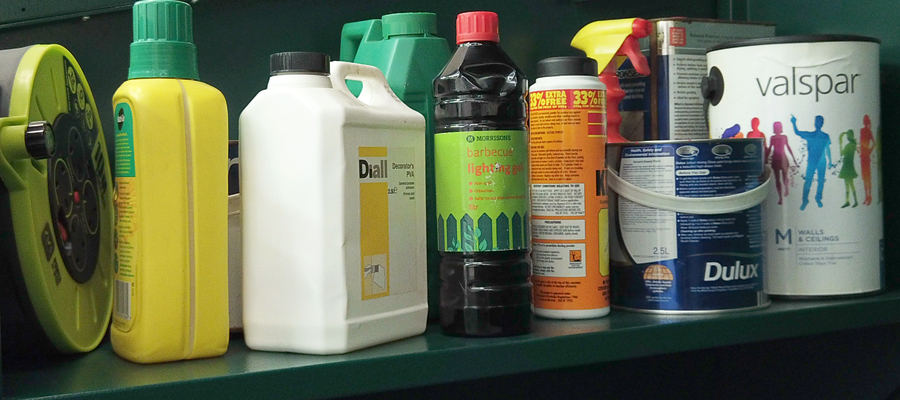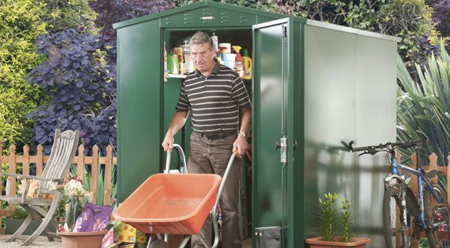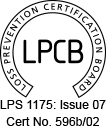Fire Resistant Sheds
Fire Resistant Sheds
There are many shed materials to choose from including wood, plastic, and metal, but what’s the best shed material to use? Each has its pros and cons as any material does, but have you considered how the material reacts to a fire? Below we explore which material is the best choice for a fire-resistant shed.
Nearly all garages and garden sheds will contain flammable materials including gas cylinders, fuels, oils, gardening equipment, paints, household furniture, and even tumble dryers for sheds that have electricity. Fire departments are well documented in attending shed fires where gas canisters have been left in the sunlight and caused a fire. It’s important to keep safety and security in mind.
Plastic Sheds Vs FireResin sheds, vinyl sheds, high-density polyethylene, and plastic garden sheds aren’t fire retardant. They can be particularly susceptible to extreme temperatures, and direct heat can make them become hot and buckle the panels, allowing rain and pests to get in. With that in mind, it's doubtful it’s going to stand up to a fire, but they are considered to be more fire-resistant than a wooden equivalent. Maybe avoid having the BBQ or fire pit next to it! |
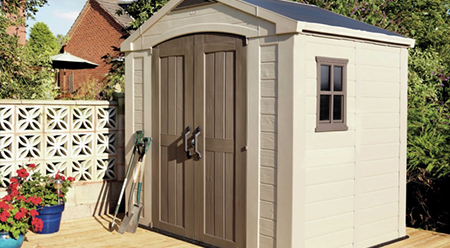 |
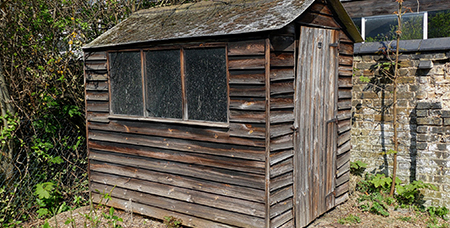 |
Wooden Sheds Vs FireWood is naturally a very fire-susceptible material and can catch fire easily and spread quickly. However, there are fire retardant coatings and paints to try to slow down the spread of the fire. It’s important that the garden shed is maintained, ensuring any paints or coatings applied over the years keep the shed as fire resistant as possible. |
Are Asgard Sheds fire-resistant?
Asgard metal sheds are constructed from galvanised steel and coated in polyester paint, we even use the same materials on our LPG gas cylinder storage. Our gas storage range was designed in conjunction with Calor Gas and can be accessed by emergency services. They can also be fitted with a regulator and are ventilated for extra safety. Our bike storage, motorcycle garages and garden sheds all feature an integral metal base, not only keeping your items secure, but in the case of a fire, it minimises any flames or flammable objects accessing the shed from underneath.
No shed material is 100% fireproof, however, with all risks, it's about minimising the chances and having the best solution possible. Whichever shed you choose, it’s important to safely secure your flammable materials and carry out best practices, for example, ensuring your BBQ or firepit is kept safely away from your shed and house, and ensuring it is thoroughly cooled before storing back away.
Check out our fire-resistant metal sheds here, and our gas cylinder metal storage here.
Sources:
https://whatshed.co.uk/plastic-sheds-all-you-need-know
https://zacsgarden.com/how-to-build-a-shed/which-one-do-i-need/what-type-of-shed-is-best/pros-cons-of-a-plastic-shed/
https://www.ftssafetysolutions.co.uk/fire-safety-for-garden-sheds/
https://www.acslimited.co.uk/fireproof-garden-timber-blog
Wooden Shed Image taken by Les Chatfield (Flickr)
Plastic Shed Image taken by Scott Lewis (Flickr)









